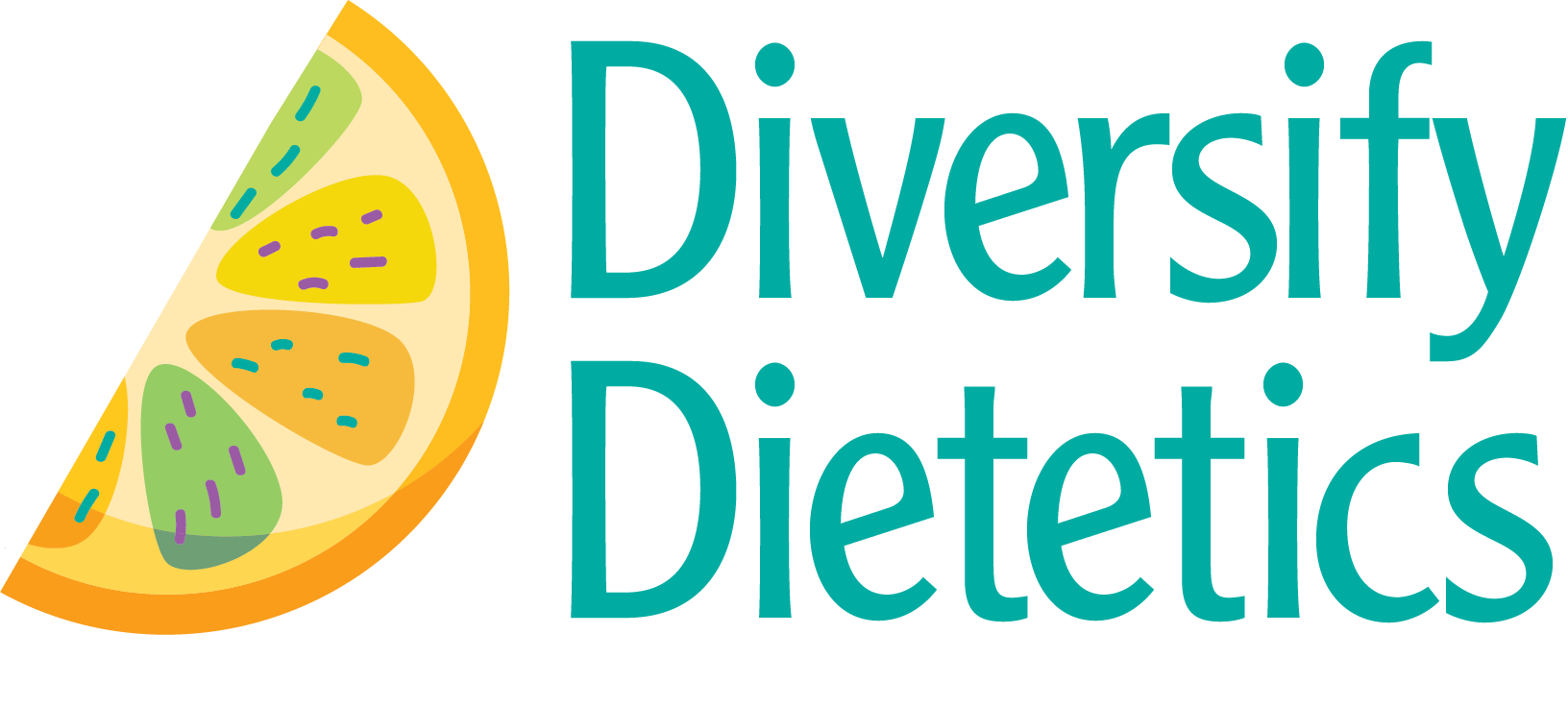RDN Spotlight: Toncé Jackson, Ed.D., MPH, RDN, CLE
What is your ethnicity/race? Did your family have any customs related to food? Please describe.
I am proud to be a Black woman (She/Her). With Texas and Arkansas roots and a Cali swag, my parents turned the lowliest of ingredients into a conversational centerpiece at our dinnertable. They taught me the importance of making the most of what we have and to celebrate communing with family.
Where/when did you go to undergrad/dietetic internship/grad school?
Cal State LA- B.S. (2010), PHFE WIC internship (2012), UMass, Amherst - MPH (2017), Cal State LA - Ed.D (2020)
Why did you decide to choose nutrition and dietetics as a career?
My perceived historical weight issues and interest in food access are what led me to dietetics. My lived experiences and passion for health and racial equity surrounding foodways, SDOH, and cultural implications are what keeps me in dietetics and public health nutrition. I am also an adjunct professor of public health, passionate about bridging academia and community for the next generation of public health leaders.
What do you do now as an RDN and what does a typical day/week look like for you?
I work for the WIC program. I started as a Nutritionist, RDN, Center Supervisor, and then in the Nutrition Education Department. In 2019, I designed a position within the WIC program, which focuses on Health and racial equity as a core and foundational service for WIC, our staff, and the families we serve. I develop high-level trainings and work along WIC core departments to ensure they are using a lens in their planning and projects. I also participate and lead the local, state, and national committees, work alongside WIC families to ensure their voices and lived experiences are elevated and used to transform our policies. As a Professor, I bring a health equity lens to assignments and encourage students to stretch their thinking and understanding surrounding nutrition, public health, and the community through assignments, articles, and discussions.
What is/was the biggest challenge for you in becoming a dietitian and how did you overcome that challenge? This can be related to being an RD of color or not just any challenge?
I was not accepted into the Masters/Coordinated program and that was disheartening. My undergrad GPA was not as high as I would have liked but I worked nearly full-time, was a first-gen student, participated on campus and in the community. I hoped all of the extracurricular activities and my passion for the community would increase my chances but I was denied. I'm thankful that the PHFE WIC Dietetic Internship program gave me an opportunity. Another challenge was imposter syndrome and how as a plus-size Black woman from South Central, Los Angeles, I did not fit the "profile" of an RD. But now, I look back as Dr. Tonce Jackson and realize my uniqueness is what makes the difference. My accomplishments and attributes are now crown jewels for the field of dietetics. I was honored to be acknowledged by the Ca. Academy as the 2021 Excellence in Community Nutrition awardee.
Have you had any mentors in your career if yes how have those mentors affected your career/life?
Yes, mentors, mentors, mentors. Those for whom shoulders I stand. My mentors believed in me before I did. They provided me with opportunities and challenges. One of my mentors shared this opportunity to be featured on DD's blog post. My mentors coached me and supported my big, wild, and crazy visions. They shared the importance of making my own path as a RD and to stand in my purpose. Finally, my mentors have stressed the importance of self-care. That is one of the biggest key take-aways. I pause to say "thank you."
Why do you think diversifying this field is important?
Wow, this is a loaded question. Diversify or dismantle existing injustices/structures in the field and start over. Diversify the field should ring as loud as our nutrition campaigns to diversify our plates. Every time we eat different foods, explore cuisines outside of our own, acknowledge and value cultural traditions, elevate historical practices, and "check our bubbles" we are diversifying. Thanks to our elders in the field of dietetics diversity, this generation of RDN's are reclaiming and representing the full embodiment of what is means to diversify dietetics.
What is a piece of advice you would give a student of color interested in entering the field of dietetics?
Find your squad (your cohort, your mentors, your study partners) and keep going. I experienced loneliness during my undergrad coursework. I wish I had spaces like DD where I could find support through this journey. Your mentors are there to support you but to also watch you shine. Mentors move aside and hold the mirror to remind you of your greatness!

